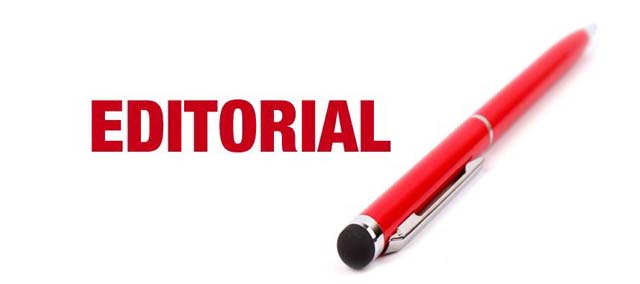Kashmir is on the edge again. Apprehensions of abrogation of Article 35-A of Indian constitution which defines Kashmir’s ‘permanent residents’ besides detailing their special rights and privileges, are making rounds across the state. The Governor, who is presently in-charge of the state affairs in absence of an elected government, is reported to have asked central government not to tinker with the constitutional provision till the installation of an elected government. This has further strengthened the impression that New Delhi is determined to do away with 35-A. It is currently under the Supreme Court’s scrutiny. The Supreme Court, after repeated adjournments, has finally listed it on August 6 for hearing. Separatist leaders have called for two-day general shutdown on August 6 and 7 as a mark of protest against any tinkering with the Article. Interestingly, pro India political parties including National Conference and PDP too have warned New Delhi of serious consequences in case 35-A was abrogated. Former chief Minister and PDP President Mahbooba Mufti asked for a united front including separatists to rise to protect the state’s special status. “I am informing to all the parties like separatists, National Conference, Congress that our biggest challenge is Article 35 A. We should forget our differences and come together to defend Articles 35 A and 370 just like we did for the past two years,” she said.
The people in power at the centre should understand the emotions of the people of Jammu and Kashmir with regard to the state’s individual character. “Azadi” or “right of self-determination” may not be the slogan of every state subject of Jammu and Kashmir but the special status that the state enjoys under Article 370 and 35-A of Indian constitution is closer to heart every resident of Jammu and Kashmir. Mahbooba Mufti had warned New Delhi of the impending dangers even when she was in power. Last year on July 28, she said, in a function in Delhi, that there would not be a single person in Kashmir to hold Indian flag if 35-A is revoked. Her party PDP bases its political religion on the foundation of self-rule that envisages for greater autonomy to the state by making borders with Pakistan controlled Kashmir irrelevant. National Conference has been pleading for restoration of state’s 1953 constitutional position. Congress, which is guilty of diluting and offsetting Jammu and Kashmir’s special status, too, favors, at least in public utterance, a measured individuality of the state. Communists and other pro India political beings too have always supported the idea of Kashmir’s individuality. These parties have already lost their ground in Jammu and Kashmir to the pro azadi people. Repealing 35-A, and thereby as a natural consequences of the Article 370 too, all the pro India groups would be pushed to wall. They would be left with no choice but to go with the people of the state. Pro freedom Hurriyat leaders have already warned of the consequences of revoking of 35-A. That makes the protection of 370 and 35-A a collective case of the people of Jammu and Kashmir. Saner voices at national level, who have some knowledge of politics and power in Kashmir, too have warned of the threats involved in tampering with Jammu and Kashmir’s special status. Some newspapers have editorially commented that India would have no legal claim on Kashmir if Article 370 is removed. It is sad commentary of the political acumen and sagacity of the government at the centre that its policies are media driven. A set of so-called TV journalist, with a particular mindset, every evening call a ‘darbar’ of their cherished guests—who form some retired army generals, bureaucrats and political novices—in their news studios and pass judgments and orders on the country’s political issues. It would be in India’s national interest that the central government listens to saner voices rather than these studio soldiers.
Discover more from The Kashmir Monitor
Subscribe to get the latest posts to your email.




